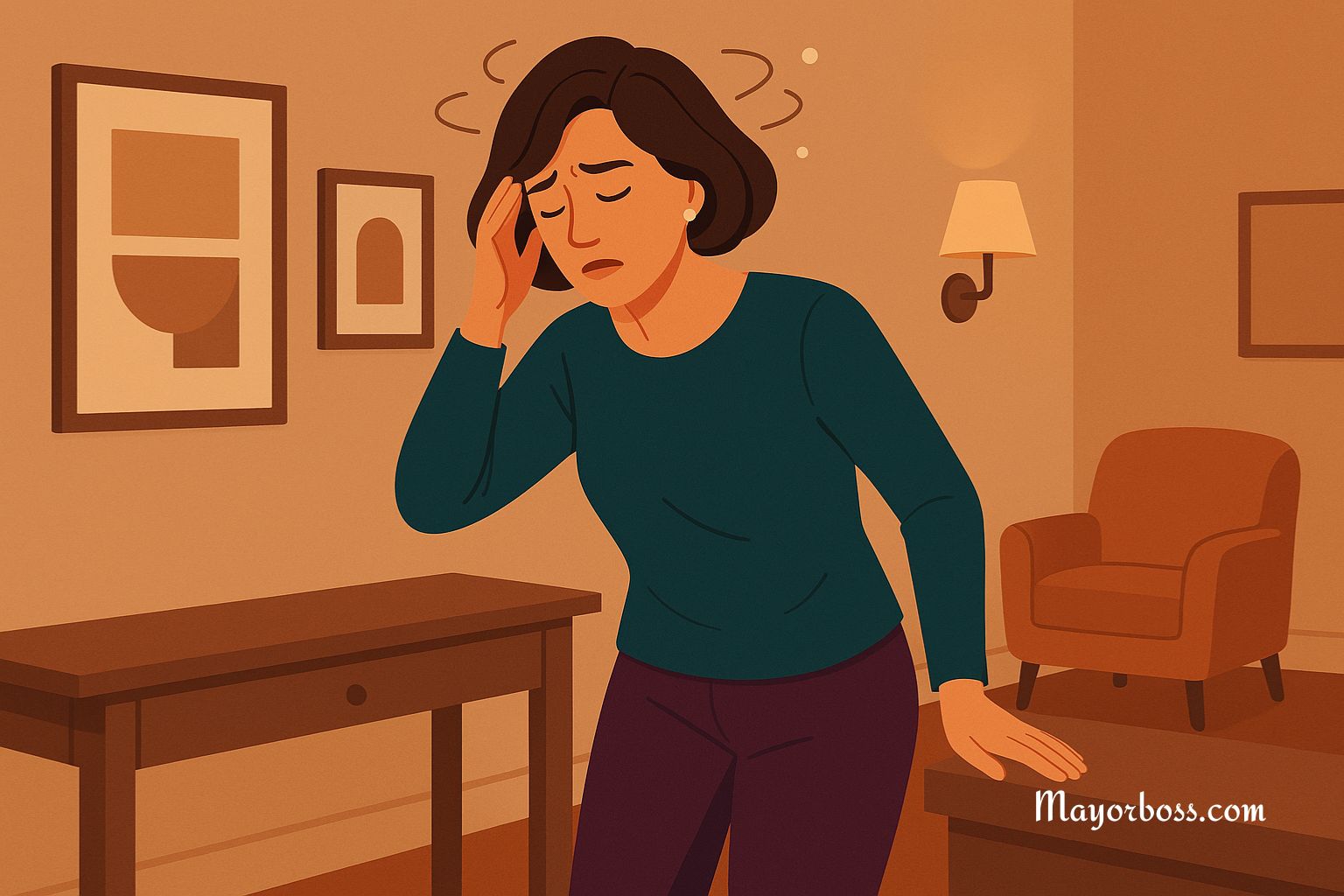Symptoms of Ear Infection in Adults
Ear infections in adults can be an uncomfortable experience that often manifests through symptoms like ear pain, hearing loss, and drainage of fluid. While children are more commonly affected, adults are not immune. Various conditions, such as bacterial infections, viral infections, or even sinus problems, can cause an adult ear infection.
Common Symptoms of Ear Infection in Adults You Should Know

Ear Pain
Ear pain is the most noticeable sign that you might have an ear infection. The pain can range from mild to severe and usually intensifies when lying down.
Hearing Loss
You might experience difficulty hearing or a muffled sensation in the affected ear. This happens because fluid build-up or inflammation can block sound waves from reaching your inner ear.
Drainage of Fluid
At times, you might notice fluid leaking from your ear. It’s usually a yellow, white, or bloody discharge. This occurs when the eardrum tears or ruptures due to excessive pressure from the fluid build-up.
Feeling of Fullness in the Ear
Sometimes, an ear infection can make your ear feel clogged or full. This sensation often accompanies other symptoms like hearing loss or ear pain.
Less Common Symptoms to Look Out For
Dizziness
In more severe cases, you could experience dizziness or even lose your balance. This happens because the ear is closely related to your sense of balance.
Fever
Infections often trigger the body’s immune response, which can result in a fever. So, if you’re feeling unusually warm and have other symptoms of an ear infection, it may be time to consult a healthcare provider.
Tinnitus
Some people with an ear infection report hearing a ringing or buzzing sound in their ears. This is known as tinnitus and usually disappears once the infection clears up.
Fatigue
Feeling unusually tired can be another indicator that your body is fighting off an infection. However, fatigue is a common symptom of many conditions, so it’s essential to consider it alongside other symptoms.
When to Seek Medical Attention
If you’re experiencing persistent or severe symptoms, don’t hesitate to consult a healthcare provider for an accurate diagnosis and appropriate treatment. It’s particularly important to see a general practitioner or ENT if:
- Symptoms last for more than a week
- Ear pain is severe
- You experience sudden hearing loss
- There’s drainage of fluid, especially if it’s bloody
Risk Factors: What Makes You More Susceptible?
Age
While ear infections are more common in children, adults can get them, too, especially those between the ages of 30 and 60.
Respiratory Infections
Having a cold or a respiratory infection increases your chances of developing an ear infection.
Sinus Issues
In people with chronic sinus problems, the risk of an ear infection is higher due to the interconnected nature of the ear, nose, and throat.
Smoking
Smokers or those exposed to second-hand smoke are at a higher risk of ear infections.
Allergies
Allergies that affect the respiratory system can also predispose you to ear infections.
Treatments
- Antibiotics: These are commonly prescribed for bacterial infections.
- Pain Relief: Over-the-counter pain relievers like ibuprofen can help manage ear pain.
- Ear Drops: Specialized ear drops can alleviate pain and remove built-up fluid.
- Surgery: In extreme cases, a procedure to drain the fluid may be necessary.






